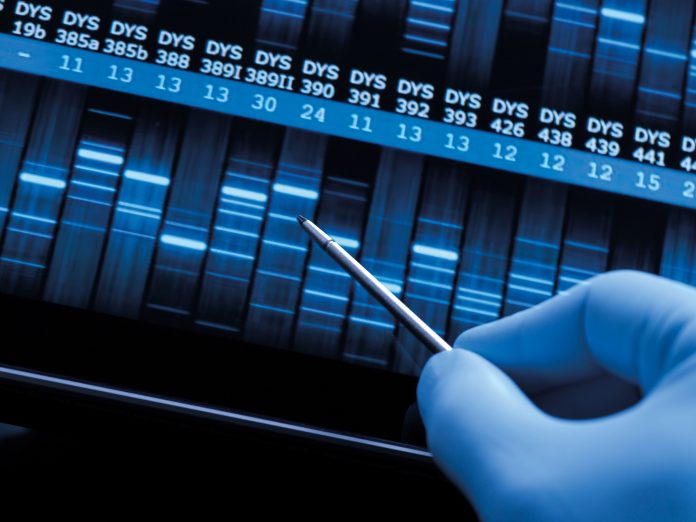
REGENXBIO is launching a Phase I/II trial of its gene therapy, RGX-202, for Duchenne muscular dystrophy. RGX-202 delivers a transgene for a novel microdystrophin protein that includes the functional elements of the C-Terminal (CT) domain found in naturally occurring dystrophin.
RGX-202 is designed for delivery and targeted expression of genes throughout skeletal and heart muscle using the NAV AAV8 vector, a vector used in numerous clinical trials, and a muscle-specific promoter (Spc5-12).
Kenneth T. Mills, President and Chief Executive Officer of REGENXBIO, said, “The RGX-202 program is a key piece of our ‘5x’25’ strategy to have five AAV Therapeutics either on the market or in late-stage development by 2025. We look forward to continuing to work closely with the Duchenne community as we advance a highly differentiated product candidate developed with the potential to improve muscle strength and motor function in boys with Duchenne.”
Duchenne muscular dystrophy (DMD) is a rare genetic disorder caused by mutations in the gene responsible for making dystrophin, a protein of central importance for muscle cell structure and function. The condition primarily affects males and approximately one in 3,500 to one in 5,000 men are affected worldwide.
Gene therapy for DMD is a hotly contested arena, with about 60 trials underway. While laboratory studies have been promising, there still seem to be biological hurdles. The choice of vector is one of the key considerations for this approach.
REGENXBIO’s AFFINITY DUCHENNE trial is a multicenter, open-label dose evaluation and dose expansion clinical trial to evaluate a one-time intravenous (IV) dose of RGX-202 in patients with Duchenne.
In the dose evaluation phase of the trial, six ambulatory, pediatric patients (ages four to 11 years old) with Duchenne are expected to enroll in two cohorts with doses of 1×1014 genome copies (GC)/kg body weight (n=3) and 2×1014 GC/kg body weight (n=3).
The trial design also consists of safety measures informed by the Duchenne community and engagement with key opinion leaders, including a comprehensive, short-term, prophylactic immunosuppression regimen to proactively mitigate potential complement-mediated immunologic responses, and inclusion criteria based on dystrophin gene mutation status, including DMD gene mutations in exons 18 and above.
The company is also recruiting patients for its AFFINITY BEYOND trial, an observational screening study the primary objective of which is to evaluate the prevalence of AAV8 antibodies in DMD patients up to 12 years of age. Information from this study may be used to identify potential participants for the AFFINITY DUCHENNE trial and potential future trials of RGX-202.
“Duchenne muscular dystrophy is a devastating disease and there are still unmet therapeutic needs,” said Aravindhan Veerapandiyan, MD, a principal investigator in the study and Director of the Comprehensive Neuromuscular Program, PPMD Certified Duchenne Care Center, and Co-Director of the Muscular Dystrophy Association Care Center at Arkansas Children’s Hospital. “Gene therapies, like RGX-202, have the potential to impact the progressive nature of Duchenne.”
REGENXBIO’s NAV Technology Platform is a proprietary adeno-associated virus (AAV) gene delivery platform, consists of exclusive rights to more than 100 novel AAV vectors, including AAV7, AAV8, AAV9 and AAVrh10. REGENXBIO and its third-party NAV Technology Platform Licensees are applying the NAV Technology Platform in the development of a broad pipeline of candidates, including late-stage and commercial programs, in multiple therapeutic areas.











